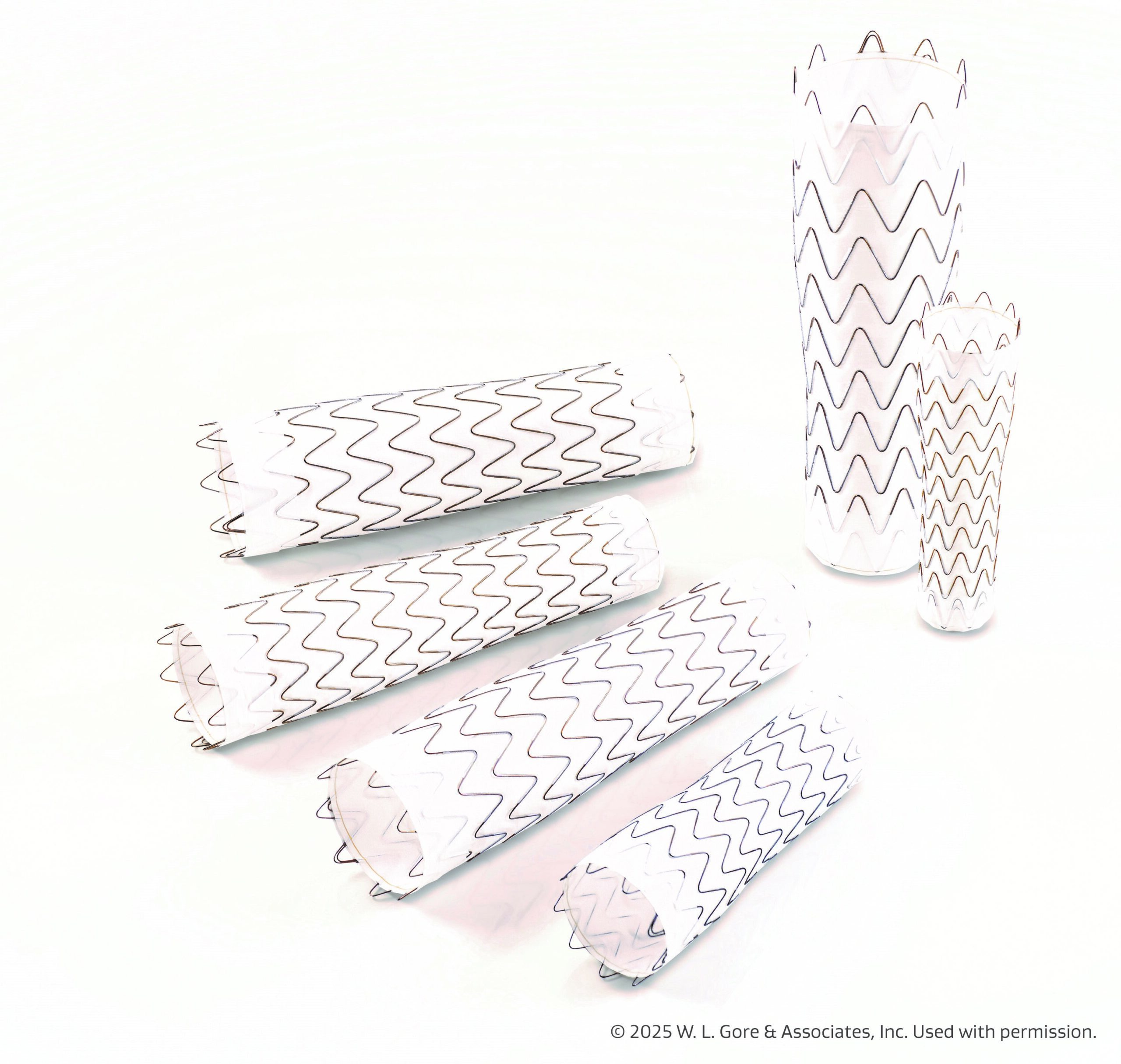Few words evoke as much fear as “Cancer” – a disease that Americans are all too familiar with, and which robs of the lives of our friends, family members, and acquaintances. According to the American Cancer Institute, in 2018 there were 1,735,350 new cases of cancer diagnosed in the US, and cancer claims the lives of an estimated 609,640 people each year. Although advances in medicine and technology have made it easier to both diagnose and treat cancer, the disease remains difficult to prevent. But what exactly causes cancer? And what steps can be taken to mitigate the risk of developing this illness? The following details the most common causes of the “Big C.”
Lifestyle Factors
Tobacco Use
It almost goes without saying, but smoking can kill, and is a leading cause of cancer. Tobacco users have an elevated risk of developing cancer, and both firsthand and secondhand smoke carries a plethora of chemicals that damage your DNA. Tobacco use increases your risk of developing cancer of the lung, larynx (voice box), mouth, esophagus, throat, bladder, kidney, liver, stomach, pancreas, colon and rectum, and cervix. Moreover, smokeless tobacco (e.g. chewing tobacco) heightens the risk of mouth, esophageal, and pancreatic cancer.
Alcohol Use
Excessive drinking is detrimental to your overall healthy and is strongly linked to pancreatic, stomach, esophageal, and liver cancer. Scientists believe that the ethanol found in alcoholic beverages presents the danger – and can cause cell damage. As the damaged cells attempt to repair themselves, DNA alterations can bring about cancer. Alcohol also acts as an irritant, especially in the mouth and throat, and might impeded the body’s ability to absorb key vitamins. Nutrition inhibition is more prevalent in heavy drinkers, who have low levels of a vitamin called folate. As a result, heavy drinks are prone to developing different forms of cancer.
Diet
Research shows that poor diet and inactivity, a combination that often leads to obesity, are two key contributors of cancer. According to research from the American Cancer Society, excess body weight is the culprit for approximately 8% of all cancers in the US, and about 7% of all cancer deaths. Moreover, having a high amount of belly fat regardless of your weight is linked to an increased risk of two of the more common forms of cancer – colon and rectal cancer.
Environmental Factors
Lifestyle changes can mitigate cancer risk, but we have much less control over the environment we live in – an environment which sometimes contains harmful chemicals that can augment the risk of cancer. For example, even if you’re a non-smoker, you still incur a cancer risk by inhaling secondhand smoke. An environmental laboratory service mentioned that the chemicals you encounter in your home or workplace, such as asbestos and benzene, are linked with an increased risk of cancer. In fact, environmental exposure accounts for almost two-thirds of all U.S. cancer cases, which makes understanding what to look out for, and what to avoid imperative in reducing the risk of developing cancer.
Genetics:
While inherited factors are only marginally linked to cancer compared to lifestyle and environment, they still play a factor. If cancer is known to run in your family, it’s possible that mutations are being passed down generations. If you do have a family history of cancer, you might be a candidate for genetic testing that can discern your risk for developing certain forms of cancers. However, even if you do possess an inherited mutation, it’s not cause for alarm–it doesn’t necessarily mean you will develop cancer–but it’s good to know if your genes carry the risk.
Summary
Although there’s no certain way to prevent cancer, you can certainly lessen your chances by adopting the following changes:
- Quit smoking: Simply put – if you smoke, quit. If you don’t smoke, don’t start.
- Drink in Moderation: While it’s best to abstain from drinking, if you choose to drink alcohol, limit yourself to one drink a day.
- Avoid Too Much Sun: We all love to catch a few rays, however, be cognizant that excessive sun exposure can be dangerous. Harmful ultraviolet (UV) rays from the sun can increase your risk of skin cancer. Be sure to wear protective clothing and apply sunscreen liberally.
- Eat healthy and Exercise: Try to implement a habitual diet that is rich in fruits, vegetables, whole grains and lean proteins like turkey, chicken, and fish (avoid red meat). Moreover, incorporating a regular exercise regimen is linked to a lower risk of cancer. Aim for at least 30 minutes of exercise most days of the week.
- Schedule a Screening: Have a discussion with your doctor about what types of cancer screening exams are best for you based on your risk factors.







 © 2025 Mashup Media, LLC, a Formedics Property. All Rights Reserved.
© 2025 Mashup Media, LLC, a Formedics Property. All Rights Reserved.